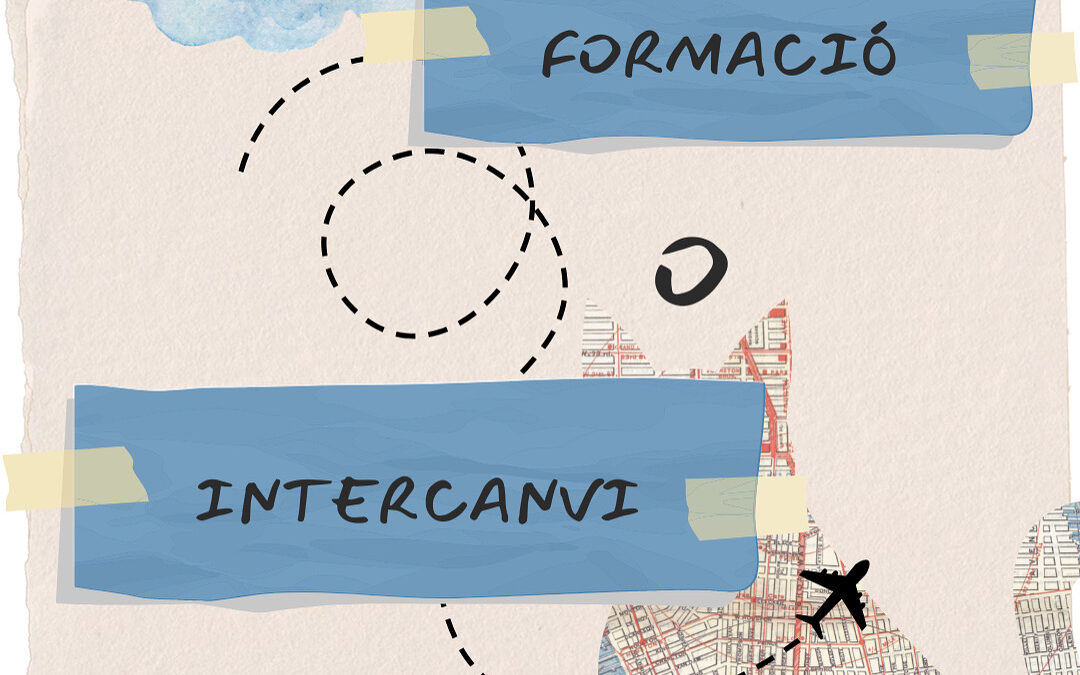The FCV team has noticed that there is a lot of confusion among young people about the different Erasmus+ formats. ‘Is it the same as Erasmus for students?’, “Who is eligible for youth exchanges?”, “Do I have to be a student to participate?” – these questions come in daily. That’s why we decided to set the record straight.
To begin with, Erasmus+ is a European Union programme aimed at education, training, youth, and sport. It has been operating since 2014. The programme is named after the Dutch philosopher Erasmus of Rotterdam, who travelled around Europe studying different cultural approaches. In these turbulent times, when young people need to be more adaptable and multicultural, Erasmus+ becomes a bridge between national borders.
Two main formats: what’s the difference?
Youth exchanges and immersion in diversity
Imagine a hot summer day in Portugal or a snowy morning in Finland. You wake up in a new country, and your day is filled with discussions about European values, intercultural workshops, and outdoor activities.
Youth exchanges are short-term projects where groups of young people from different countries meet and live together for 5 to 21 days. They work together on a specific topic: from ecology to democracy, from cultural diversity to personal development. The most valuable thing about these exchanges is the informal learning through peer interaction. There are no teachers in the classical sense, but there are facilitators who organise the process. You learn through play, through debate, through joint problem-solving.
The requirements are minimal: age from 13 to 30, openness to new experiences and a desire to participate actively. Your English does not need to be perfect – the main thing is basic understanding.
Training courses are a way of professional growth
Training courses are a more serious format for those who work with young people or plan to do so. Seminars, contact events, study visits, and internships in organisations all aim to develop youth workers professionally.
These courses can last from a few days to two months. The topics are equally diverse: project management, inclusion, digital skills, and environmental education.
The requirements are much higher: age 18 or older, good command of English, and experience in a specific exchange topic. In addition, you have to disseminate the knowledge you have gained upon your return – this is an integral part of the process.
What do you really get out of participating?
Regardless of the format chosen, the Erasmus+ programme changes the lives of its participants. This is what our alumni say:
- Confidence in international communication and collaboration
- New understanding of European cultures and values
- A network of contacts across Europe
- Significant improvement in language skills
- Development of initiative and entrepreneurship
- Specific skills in a particular field
- Experience that employers value
The programme ensures that financial constraints don’t become barriers to participation – travel, accommodation and meals are covered so that what matters most is your enthusiasm, dedication, and readiness to embrace new perspectives.
The FCV team regularly searches for and sends participants to various Erasmus+ projects. We help with preparation, application and all organisational issues. If you are interested in the Erasmus+ programme, don’t wait for the perfect moment – it never comes. Subscribe to our updates so you don’t miss the following opportunities.
And remember: the first step is always the hardest, but we are here to help you take it.

